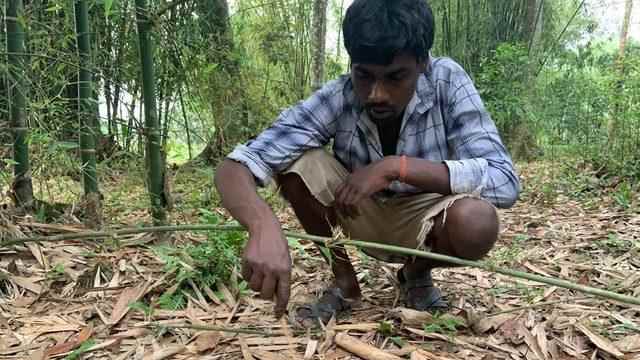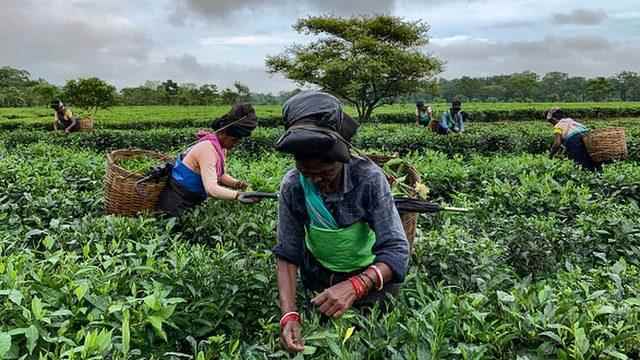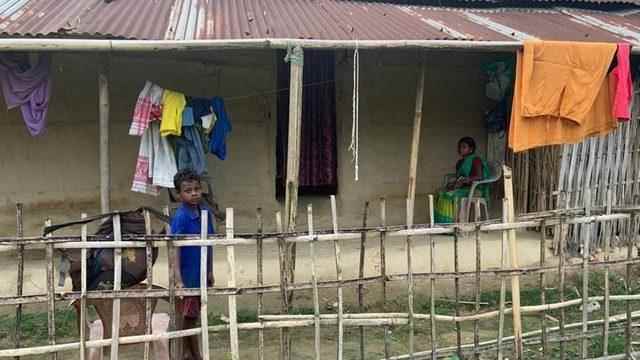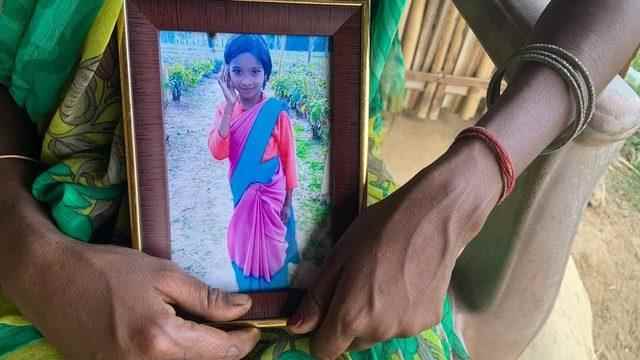As Anjali Kharia sat at the table with her daughter on the evening of April 8, she did not know that this was the last meal they had together.
Kharia has returned home over the hills after a long day working in a tea plantation in the village of Chapatoli in Assam, India. She ate her dinner and went to bed immediately.
He woke up early in the morning at around 3:00 am to hear his 6-year-old daughter Sushmita vomiting violently. Her daughter began to tremble and shake.
This situation continued all night. A few hours later, 37-year-old Kharia panicked when her son and father-in-law also started vomiting:
“Everyone was throwing up at the same time. Then a disastrous, non-stop diarrhea started.”
He noticed that there were people in the entire neighborhood who had similar symptoms during the night.
“It was like a nightmare. Everyone was throwing up, but no one knew why”.
When the sun was bright, he went to the nearest pharmacy. The pharmacist gave him salt water and medicine.
Other patients were taken to hospital by ambulance. He used his last savings to send his father-in-law and son with them:
“I didn’t send my daughter because she was starting to feel better after taking the medicine. I thought she would get better soon.”
Less than 24 hours later, her daughter started vomiting again. This time there was no money left for the hospital. Sushmita died in her mother’s arms.
Later it turned out that the thing that made everyone sick were the wild mushrooms that Kharia’s father-in-law brought from the forest and distributed to the whole neighborhood.
According to official figures, two more people died from mushroom poisoning, apart from Sushmita. 11 people were hospitalized.
A month later, the village still had not recovered from this tragedy.
“I will never forget that night. I thought no one would be saved,” says 36-year-old Neha Lama, who spent several days in the hospital with her son.
“We’ve been collecting and eating mushrooms for years. How did we know it was poisonous?”
In Assam, in the northeast of India, where many products such as mushrooms and nuts are collected and added to the meals, mushroom poisoning is frequently seen, especially in March and April. And the victims are often the poor workers who work here.
There are no official records of these deaths, but health officials told the BBC that 16 people died in April. Most of the dead were families of workers in the tea gardens.
Dilip Kumar Sarma, a scientist at Assam Agricultural University, says that tea garden workers do not know which mushrooms are harmful and employers should protect them.
Since most people cannot read, they are not aware of the warnings published by the government in the newspapers.

Many international companies are among the owners of the tea gardens in Assam. It is also a tourist area. However, the living conditions of the workers are very bad.
Some tea workers tell the BBC they live in poor sanitation, bamboo huts with tin roofs. Families are often hungry.
Rising prices of vegetables and basic necessities worsened the situation.
Kharia, the only employee in the family of six, earns $1.67 a day.
“After my daughter died, officials came and told us not to eat poisonous mushrooms. But we are very poor and everything is very expensive. We have to live with what we can find.”

Regional officials say they are trying to solve the problems related to high prices and food aid will be given to the people living here.
But Kharia says that never happened:
“Some days we have nothing to eat. But no one comes to help us.”

Health experts say that people living here often don’t go to the hospital after getting sick, and they have kidney and liver problems.
When they start to be treated, it is too late. It is thought that people cannot stop eating their traditional food, but at least they can be educated about it.
